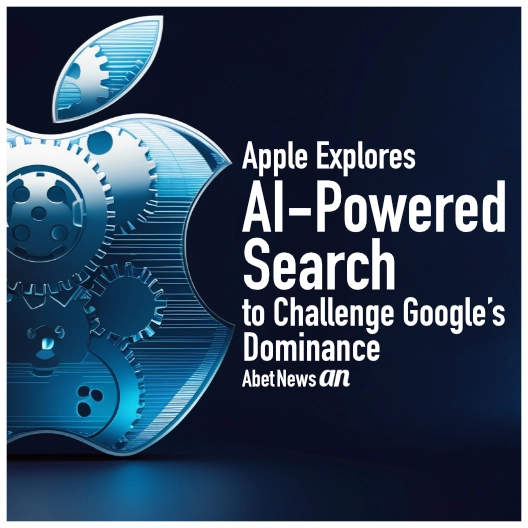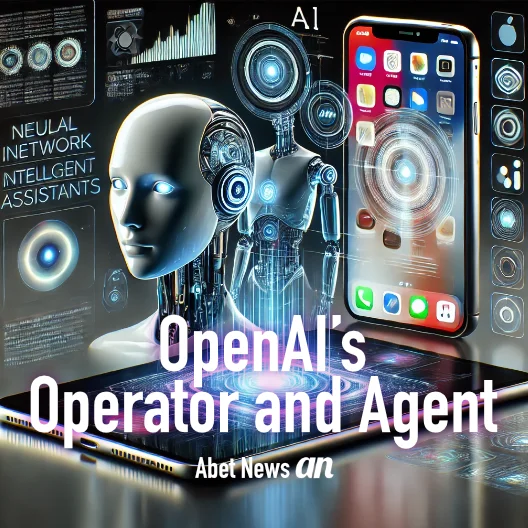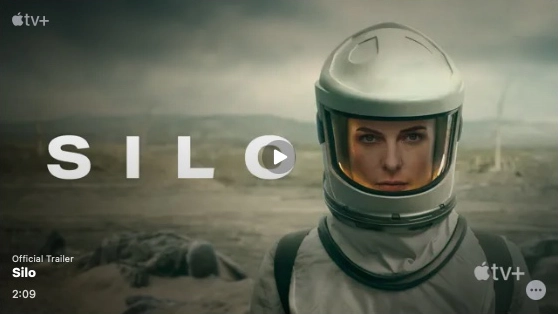The Future of Coding

Are Coders Still Safe?
Not long ago, software engineering was hailed as the gold standard of stable careers—a ticket to the future. But in a world increasingly defined by generative AI, that narrative is starting to feel a bit… last decade.
Today, artificial intelligence isn’t just completing our sentences; it’s completing our code. From GitHub Copilot to ChatGPT and Google Gemini, AI models are writing scripts, debugging functions, and generating entire applications with astonishing speed. And at the world’s largest AI companies, much of the new code is already being written by AI—humans are just there to polish it up.
“We’ve gone from coding everything ourselves to reviewing what the AI builds. It’s less typing, more thinking,” said a senior software engineer at a major AI lab who requested anonymity.
Is AI Reducing the Need for Human Coders?
In some ways, yes. AI tools are now capable of handling many of the tasks that junior developers used to cut their teeth on—boilerplate code, documentation, basic debugging. That’s changing the game for entry-level roles. But rather than replacing human coders outright, AI is transforming what it means to be one.
“AI is a game-changer, but not a job-taker—at least not yet,” said Laura Chen, a technology analyst at CodePoint Research. “It’s moving developers up the abstraction ladder. You’re not writing loops; you’re designing logic.”
Even OpenAI CEO Sam Altman acknowledges the shift.
“We are going to have an era where people can do much more, and a lot of the drudge work goes away,” he said in a recent interview. “But that means you need to know how to work with the tools, not fight them.”
The future of software development won’t exclude humans—it will demand them to collaborate with machines.
Are Coders Becoming Lazy?
It’s a fair question. With AI doing so much of the heavy lifting, is there a risk of skill atrophy? Absolutely. Just as spellcheck and calculators changed how we write and calculate, coding assistants could make us over-reliant.
“I’ve seen interns go straight to Copilot without understanding what the code does,” said Thomas McKay, a veteran software mentor. “It worries me. The fundamentals still matter.”
But the risk isn’t limited to software engineers—AI could encourage complacency across all kinds of knowledge work.
“The danger isn’t AI replacing us. It’s us letting it think for us,” said researcher Anika Sood, who studies human-AI interaction.
Will Coding Still Be a High-Demand Skill?
In the near future, yes—but the definition of “coding skill” is shifting. The demand will be less for people who can write syntax from scratch and more for those who understand systems, architecture, and can guide AI tools to build and maintain complex software.
“The future coder is more like a conductor than a pianist,” said Chen. “You’re orchestrating an AI ensemble to create software.”
Even Microsoft CEO Satya Nadella sees the role of coders evolving—not disappearing:
“We’re not just building tools for developers; we’re building developers who use tools,” he said during Microsoft Build 2024. “The nature of development is changing—prompting is becoming programming.”

The AI Robot Revolution Might Start with Coders
If the AI revolution is coming for anyone first, it might be the people who built it. AI is already outperforming humans at writing essays and generating realistic images. In some cases, it’s even better at writing clean, working code.
“It’s ironic—developers taught the AI how to code, and now the AI is returning the favor… by doing their jobs,” said McKay.
We haven’t seen hard data showing AI taking software jobs en masse—but it’s worth noting the warning signs.
Tech Layoffs and the Shift Toward AI
Just last week, Microsoft laid off around 6,000 employees—roughly 3% of its workforce. A sizable number were software engineers. That news came just days before Microsoft unveiled new AI-powered tools at its annual developer conference, including an “asynchronous coding agent” designed to autonomously handle many programming tasks.
That’s not a coincidence.
“The timing tells a story,” said Sood. “We’re watching the start of a shift—not just in tools, but in team structures.”
Final Thoughts
We’re not saying the sky is falling—not yet. But the ground is definitely shifting beneath the feet of software developers. The good news? The future still needs coders. Just not the same ones it did a decade ago.
The smartest developers of tomorrow won’t just write code. They’ll orchestrate it, manage it, question it—and, increasingly, co-author it with machines.
“Code isn’t going away,” said Chen. “But the job of the coder? That’s evolving—fast.”
So if you’re a coder, the question isn’t Will I be replaced by AI? The better one is: How do I evolve to stay relevant in an AI-shaped world?
David Frein





